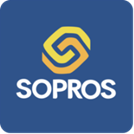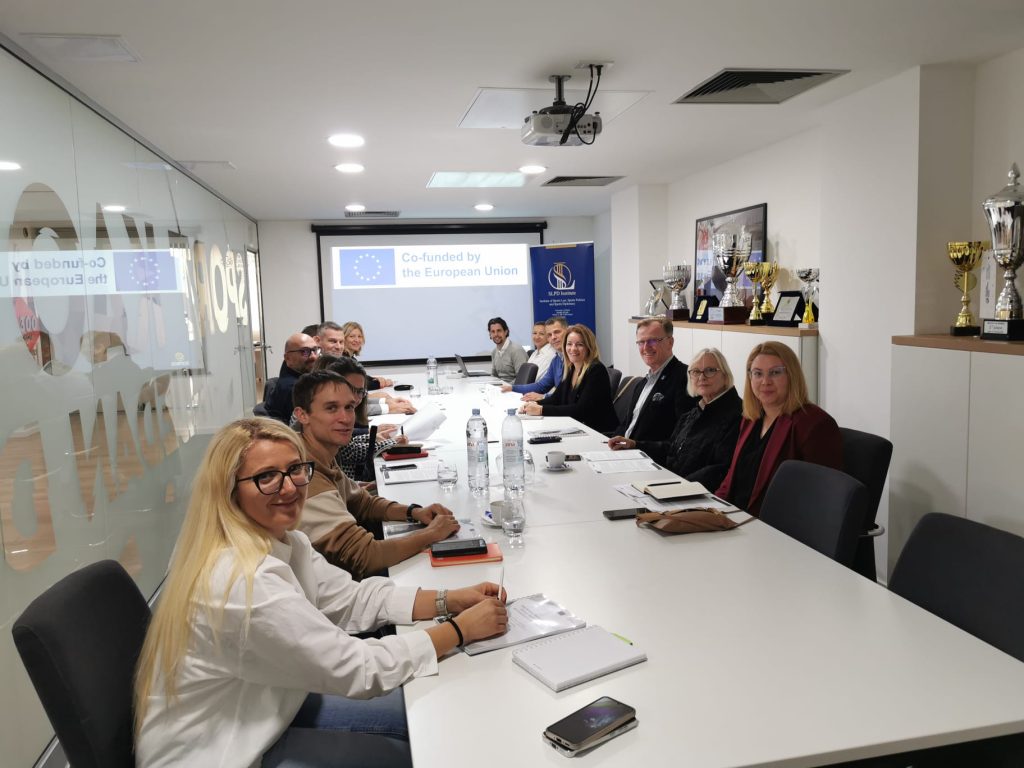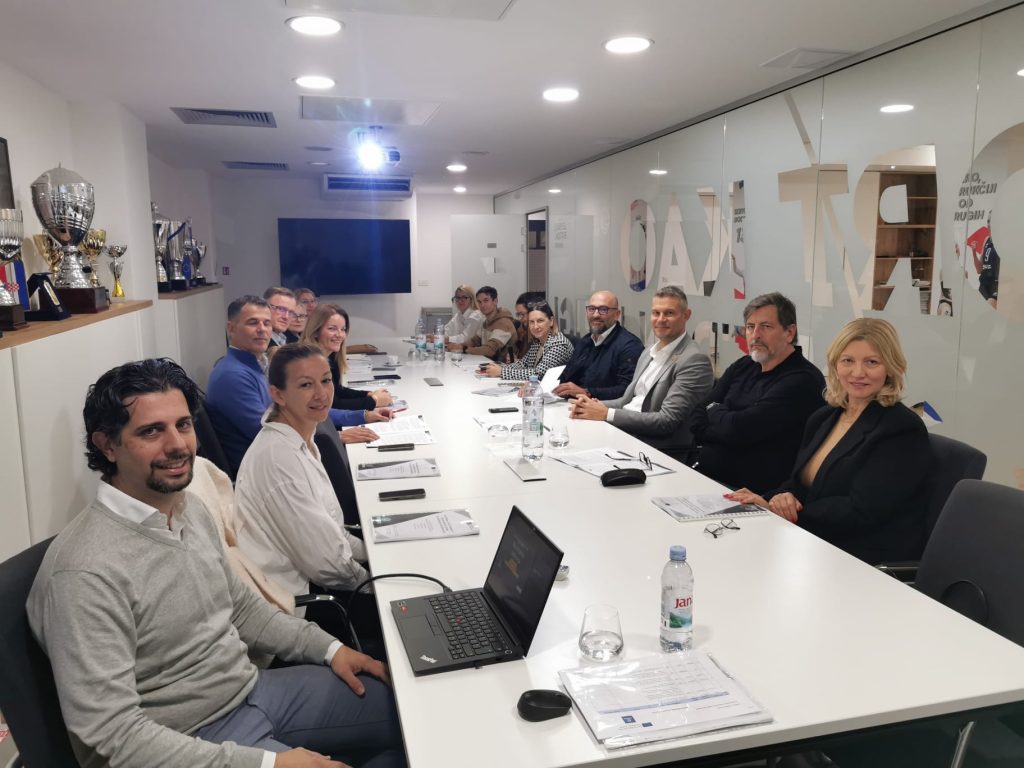
On Thursday, 30 October 2025, a workshop on the social status of athletes in Olympic sports was held at the headquarters of the Croatian Volleyball Federation in Zagreb. The workshop was organised by the University of Rijeka, Faculty of Law and its Institute for Sports Law, Sports Policies and Sports Diplomacy – the head of the Institute and regional coordinator of the project, assoc. prof. Vanja Smokvina.
This is one of the project activities of the Erasmus + Sport project “SOPROS“, in which participated the Project coordinator dr. Maximilian Seltmann (German Sports University, Cologne, Germany), Tomislav Paškvalin, Commissioner for Sports of the President of the Republic of Croatia Zoran Milanović & President of the Croatian Athletes’ Foundation; Martina Jeričević, Director at the Ministry of Tourism and Sport; Dragana Korov, Ministry of Labour, Pension System, Family and Social Policy; Biserka Vrbek, Director at the Croatian Olympic Committee; Vlado Šola, Croatian Olympic Committee; Zoran Primorac, president of the Croatian Table Tennis Federation & member of the Croatian Olympians Club; Ivan Milaković, secretary general of the Croatian Waterpolo Federation; Magbula Čivić, Croatian Volleyball federation; Bruno Erent, Croatian Athletics Federation; Samir Barać, president of the Waterpolo club Primorje Rijeka; Klaudija Bubalo, director of the women Handball club Lokomotiva Zagreb; Vedran Šupuković, director of the Handball club Zagreb; Suzana Šop, secretary general of the Sports Associations of the City of Zagreb; Katja Luketić, secretary general of the Sports community of Primorje-Gorski Kotar County, and Barbara Gržetić, Sports community of Primorje-Gorski Kotar County.
The aim of the workshop was to inform stakeholders about the results of the Project, which ends in December this year, as well as to present a draft framework agreement of social partners at European level on the issue of protecting the social and legal status of athletes. The representative social partners at European level, who are also associated partners of our project, are:
• European Olympic Committees
• EASA – European Athletes’ and Players’ Association
• EASE – European Association of Sport Employers.
In addition, the workshop discussed the situation in the Republic of Croatia regarding the social and legal protection of athletes, with stakeholders presenting their views on the situation with recommendations for improvement. The final result of the Project will be a draft framework agreement of social partners on minimum standards at the European level, which we hope will be implemented at the global level with the support of the International Labour Organization, a partner in the Project.


